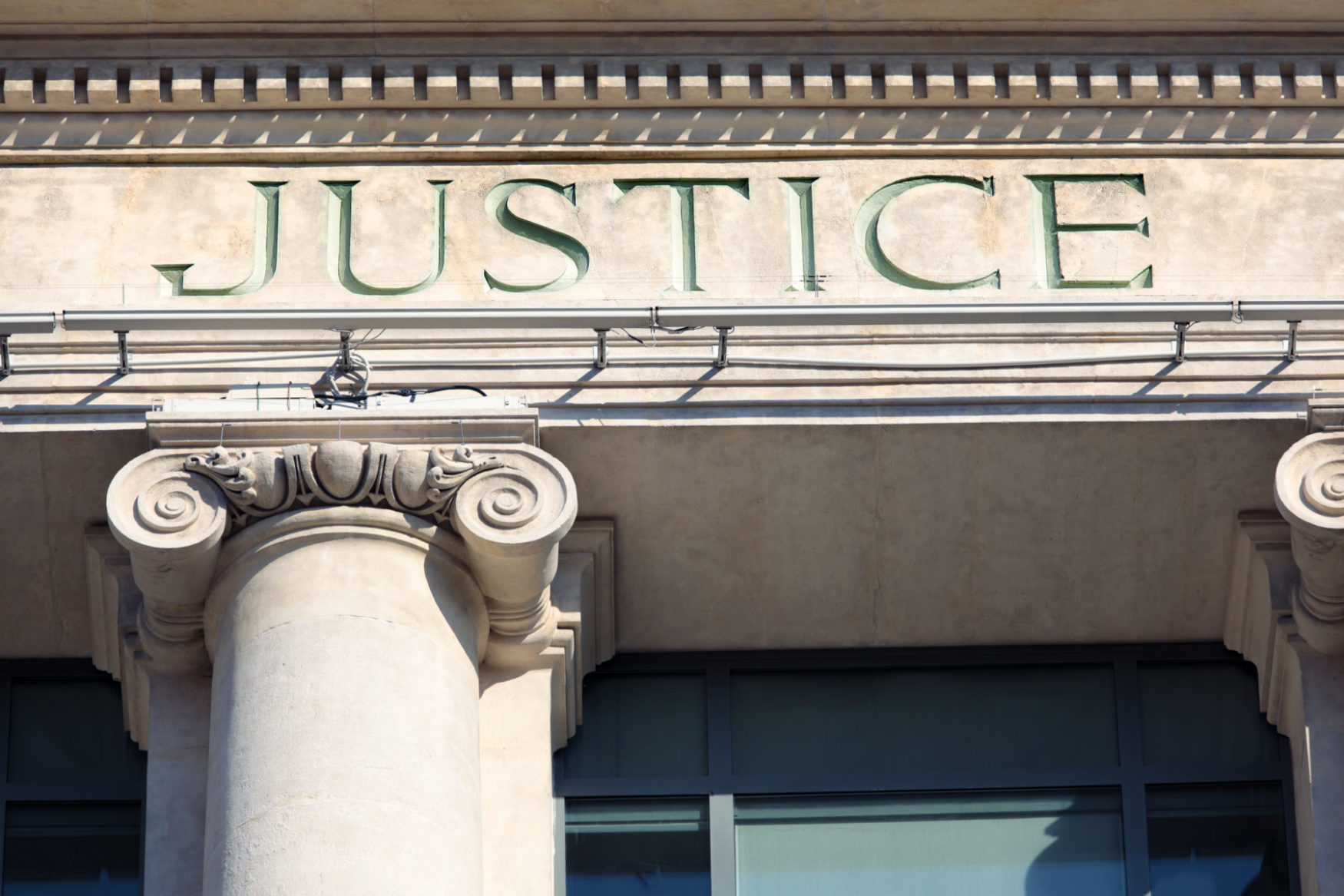California’s High Court Takes Second Look at Precedent-Setting Bite Mark Case
05.09.16 By Carlita Salazar
In the past week, a number of bite mark analysis cases held the media spotlight. In addition to a Daily News story on Innocence Project client and exoneree Kennedy Brewer, and the Commercial Dispatch coverage of the evidentiary hearing for Innocence Project client Eddie Lee Howard in Mississippi, the Intercept wrote about the case of California Innocence Project client Bill Richards—pointing to yet another example of how bite mark analysis has contributed to countless wrongful convictions.
In an article published on Friday, the Intercept detailed Richards’ case, which went before the state Supreme Court last week for reconsideration as to whether a forensic dentist’s recanting of the testimony he gave at Richards’ 1997 trial entitles him to a new trial.
According to the article, Richards was convicted in 1997 of beating his wife to death and sentenced to life in prison. The primary evidence used against Richards was the expert testimony of forensic dentist Norman Sperber who at the trial presented the jury with what the Intercept describes as a “blown-up image of the alleged bite mark covered by an overlay of Richard’s teeth.” Sperber ultimately concluded that Richards’ teeth were consistent with the mark on the victim, but 11 years later, at an evidentiary hearing, Sperber recanted his testimony. He said that “he’d used a distorted photo” of the victim’s hand “in order to make the overlay exhibit,” reports the Intercept, and admitted that there was “simply no science” to support his conclusions that Richards’ teeth matched the marks on the victim.
The judge at that hearing ruled that Sperber’s recantation pointed to Richards’ innocence, but, as reported by the Intercept, “an appeals court rejected the trial court’s conclusions, and the California Supreme Court followed suit in a controversial 2012 opinion,” which said the expert testimony could “never by wrong or legally false because the testimony was merely opinion.”
That opinion spurred passage of the Bill Richards Bill, a law which makes it clear that convictions can, in fact, be overturned when experts recant testimony because of advances in science and technology. The passage of the law “propelled” the case back into the California Supreme Court, reports the Intercept. Lawyers from the Innocence Project’s Strategic Litigation team helped write an amicus brief on behalf of the Innocence Project. The prosecution and the defense made their arguments last week.
It’s unclear what the outcome of Richards’ case will be, but as the Intercept explains, it will ultimately influence “the future of junk science” laws around the country. If the court overturns the conviction, it could inspire the passage of similar laws in other states.
Related: VA Man Narrowly Escapes Death Penalty
Leave a Reply
Thank you for visiting us. You can learn more about how we consider cases here. Please avoid sharing any personal information in the comments below and join us in making this a hate-speech free and safe space for everyone.
May 11, 2016 at 11:42 am

bite marks is junk science. Look at the Ray Krone case, where a dentist made a complete fool of himself , with the ‘bite mark ‘ evidence.
with every book on the case bought JINGLE JANGLE by Jim rix you get a pin that puts you in the wee- gee board science of bite marks .
he spent 10 years on death row over this crazy dentist , and a jury pool of like mormons who agreed with him !